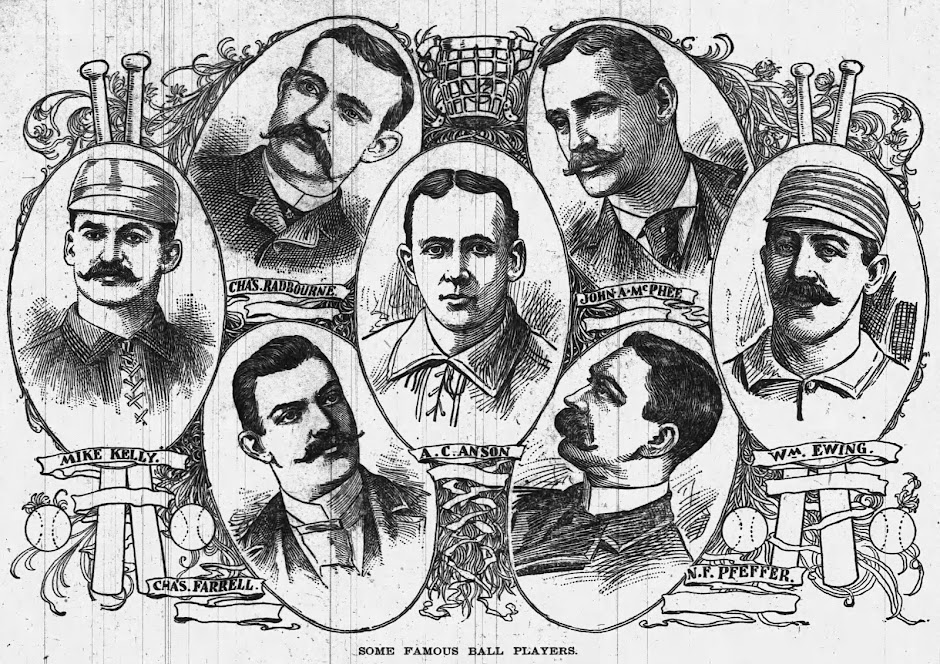As we saw in her brief appearance in scene 2, Eleanor, Duchess of Gloucester definitely does not have her husband and/or her country's best interest in mind. In scene 4 her bad intentions turn into bad actions thereby completing a huge amount of destruction in relatively little stage time. As requested Hume has arranged for a witch and some conjurors to answer her questions about the future. To us today the whole mention of witches introduces a sort of fairy tale element into what thus far has been serious drama, but that is not how Shakesepeare's audiences would have looked at it. That society believed in witchcraft sufficiently not only to pass laws against it, but also to use those laws to prosecute and punish those suspected of such behavior.
Interestingly just as treason was hard to prove so was witchcraft since it was hard to catch the person (read woman) in the act. That was not, however, a problem in this scene since not only is the whole thing being watched, but the criminals are foolish enough to write down the Eleanor's questions and the answers - talk about doing the prosecution's work for them. It will be no wonder a few scenes later that even Henry doesn't need any advice on how to proceed in this case.
One thing that stands out about Eleanor and the questions or prophecies is some similarities between this early play and the later more well known tragedy of Macbeth. Like Lady Macbeth, Eleanor is ambitous for her husband to become king, but unlike that situation (happily), her husband wants no part of it and Eleanor herself is no where near as effective as the Scotchwoman.
The other similarity is with regard to the prophecies as in Macbeth, the evil spirits make predictions about the future which appear to be straightforward, but, in fact, will prove to have different meanings. This is especially true with the second and third prophecies warning Suffolk to beware water and Somerset to avoid castles. If the two dukes took these things literally, they could reasonably have expected to be safe or at least more safe by following this advice, but it doesn't work out that way. This is a far narrower kind of protection than that apparently offered Macbeth when he is told he doesn't have to worry until a forest moves and/or he meets a man who wasn't born of woman.
Yet Macbeth finds out and to his cost that such predictions can be just as deadly without being literally true. Perhaps that is what happens when one becomes involved with evil - there is hoped for comfort in a false sense of security offered by evil - a security that is a house built on sand if there ever was one. It demonstrates how people can be seduced into believing that they can do evil and/or be evil without getting burned themselves. Another example of this is Hume who at the end of scene 2 thought that regardless of what happened he would have gold - well he may have gotten the gold, little good it will do him where he is going. I recall seeing one version of this scene where after the arrests, Hume acts like he is just going to walk away and is then shocked to be carted off to prison with the rest. No one in this play touches evil and comes away unscathed.


No comments:
Post a Comment